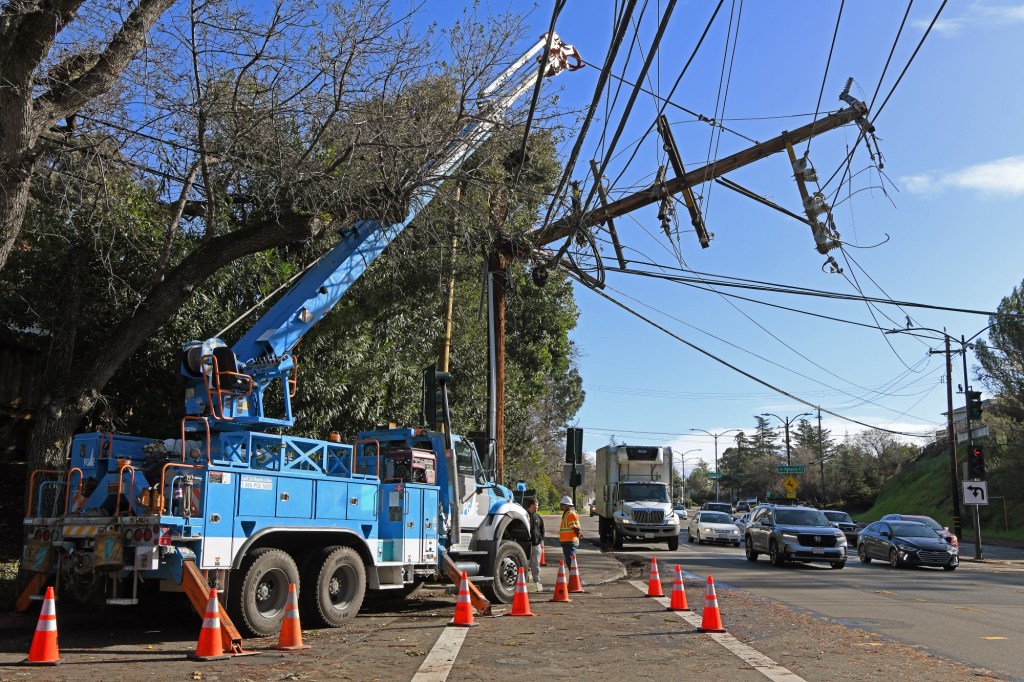Multiple efforts are underway on both sides of California’s political divide to short-circuit a legislative plan to impose income-based fees on customers of Southern California Edison and other utilities.
Both Democrats and Republicans in the state Legislature have crafted separate measures designed to squash a plan to implement a fixed utility charge based on income that lawmakers hastily approved in 2022 in an 11-hour proceeding and then signed by Gov. Gavin Newsom.
Also see: Electric bill based on income? Forget it, lawmakers of both parties agree
Southern California Edison, San Diego Gas & Electric and PG&E would be able to impose the new income-based utility charge on their customers if the state Public Utilities Commission gives the plan a final OK — potentially by this July. Gov. Newsom appointed all five current members of the powerful and unelected PUC.
The state lawmakers involved in the various efforts to overturn the income-based utility charge plan include Democratic Assemblymembers Jacqui Irwin and Marc Berman, and Republican senators Janet Nguyen, Kelly Seyarto, Rosilicie Ochoa Bogh, Scott Wilk, Brian Dahle, Shannon Grove and Roger Niello.
Related: Middle or upper income? Brace for higher electric bills
Several experts led by Ahmad Faruqui, an economist who has consulted with all three of the utility behemoths involved in the proposed fixed fee, have provided an array of reasons why they believe the state PUC should reject the current proposal.
“The proposed fixed charges are way too high compared to the national landscape,” Faruqui and the group of economists wrote. “The fixed charges will be burdensome for many, infeasible to administer, are likely to be challenged in court and are likely to unleash adverse unintended consequences, such as penalizing customers who use energy efficiently and frugally.”
Income-based fee advocates, which include The Utility Reform Network (TURN), and the National Resources Defense Council,…
Read the full article here







